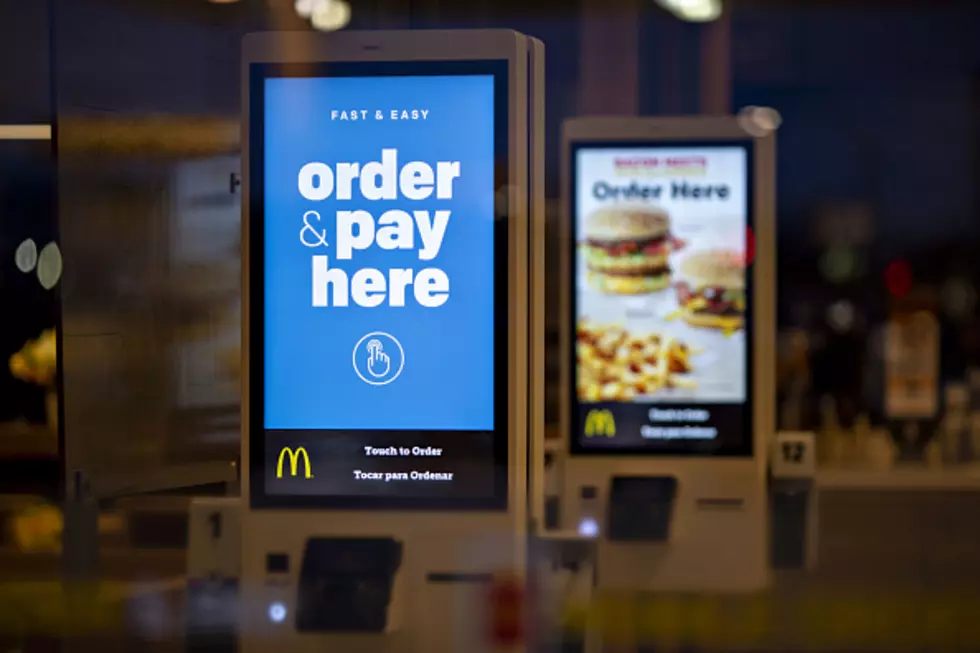
Mc-Sued! Illinois Man Lawyers Up Over McDonald’s Technology
In today's world, drive-throughs account for a larger share of fast-food sales than ever before (in America's biggest markets, it can be as high as 70% of sales at McDonald's), and America's major chains are moving to speed things up as much as possible.
Nearly everyone welcomes the chance to get things that we want faster...well, nearly everyone. I guess it depends on what's being done to get you your food faster.
In 2019, The Average McDonald's Drive-Through Took 6 Minutes And 18 Seconds
Then, McDonald's really stepped it up, lowering the average time to 5 minutes and 49 seconds in 2020. So what did the Golden Arches do to cut down on the wait time, and what's coming to speed things up even more?
In some locations, it tested artificial intelligence devices that scan license plates (with customers' permission) to predict orders, and it enabled mobile orders that customers can pick up at the drive-thru window. The company tapped into the technology from two AI startups it bought in 2019: Apprente, which built voice technology for fast-food order taking, and Dynamic Yield, which can customize the ordering experience on digital menu boards.
Now, An Illinois Man Is Claiming That McDonald's Is Doing What Facebook And Google Ended Up Paying Out Millions For Doing--Violating Illinois Law
It all has to do with Illinois' Biometric Information Privacy Act, or BIPA, which is what Facebook and Google violated with some of their practices.
Shannon Carpenter is hoping for class-action status (similar to the Facebook and Google cases) for the lawsuit he filed last week here in Illinois.
According to RestaurantBusinessOnline.com,
Attorneys for Carpenter say in the lawsuit that Carpenter visited a McDonald’s location in Lombard, Ill., early last year, went through the drive-thru and had his order taken with the company’s artificial intelligence-based voice assistance—Apprente, which it bought in 2019.
The lawsuit says that, by using voice recognition technology to take Carpenter’s order, McDonald’s collected his voiceprint information without his consent and therefore violated that act. The lawsuit says that the requirements “are straightforward and easily satisfied, often requiring little more than acquiring a written record of consent” to the practices.
Click here to read more about this lawsuit, and where it goes from here.
LOOK: 15 Discontinued McDonald's Menu Items
50 Most Popular Chain Restaurants in America
More From WROK 1440 AM / 96.1 FM









